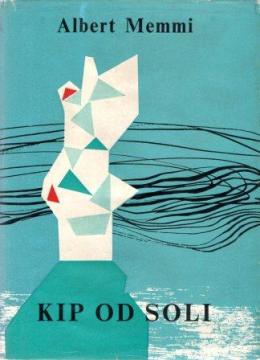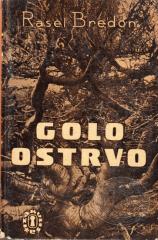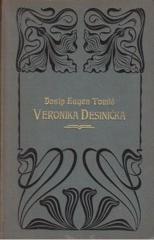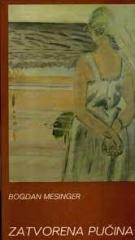
Kip od soli
The Pillar of Salt (1953) is a semi-biographical novel that follows the life of a young Tunisian Jew between the two world wars. Set in colonial Tunisia, the novel explores themes of identity, alienation, and cultural conflict, reflecting Memmi's own expe
Mordecai, the son of a poor tailor, grows up in a Jewish neighborhood, where he faces prejudice from both the Muslim and Christian populations. His quest for education takes him from the local school to a French lycée, where he encounters colonial culture and begins to question his place in the world. He feels torn between his Jewish heritage, his Arab surroundings, and the Western ideals he aspires to. His intellectual ambition and sense of not belonging are further deepened when he goes to study philosophy in Paris.
The novel is deeply introspective, told in the first person, where Mordecai analyzes his inner conflicts and the trauma caused by discrimination and colonial hierarchy. His attempt to integrate into French society encounters obstacles, as he is not fully accepted there either. The title symbolizes Mordecai’s paralysis – like Lot’s wife, he is petrified in his inability to fully accept or abandon any of his identities.
Through a precise and poetic style, Memmi exposes the complexity of the colonial experience and the universal search for belonging. The novel ends without a final resolution, leaving Mordecai in limbo, which emphasizes the tragic nature of his struggle.
One copy is available
- The cover is missing





